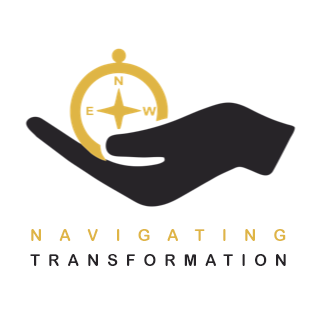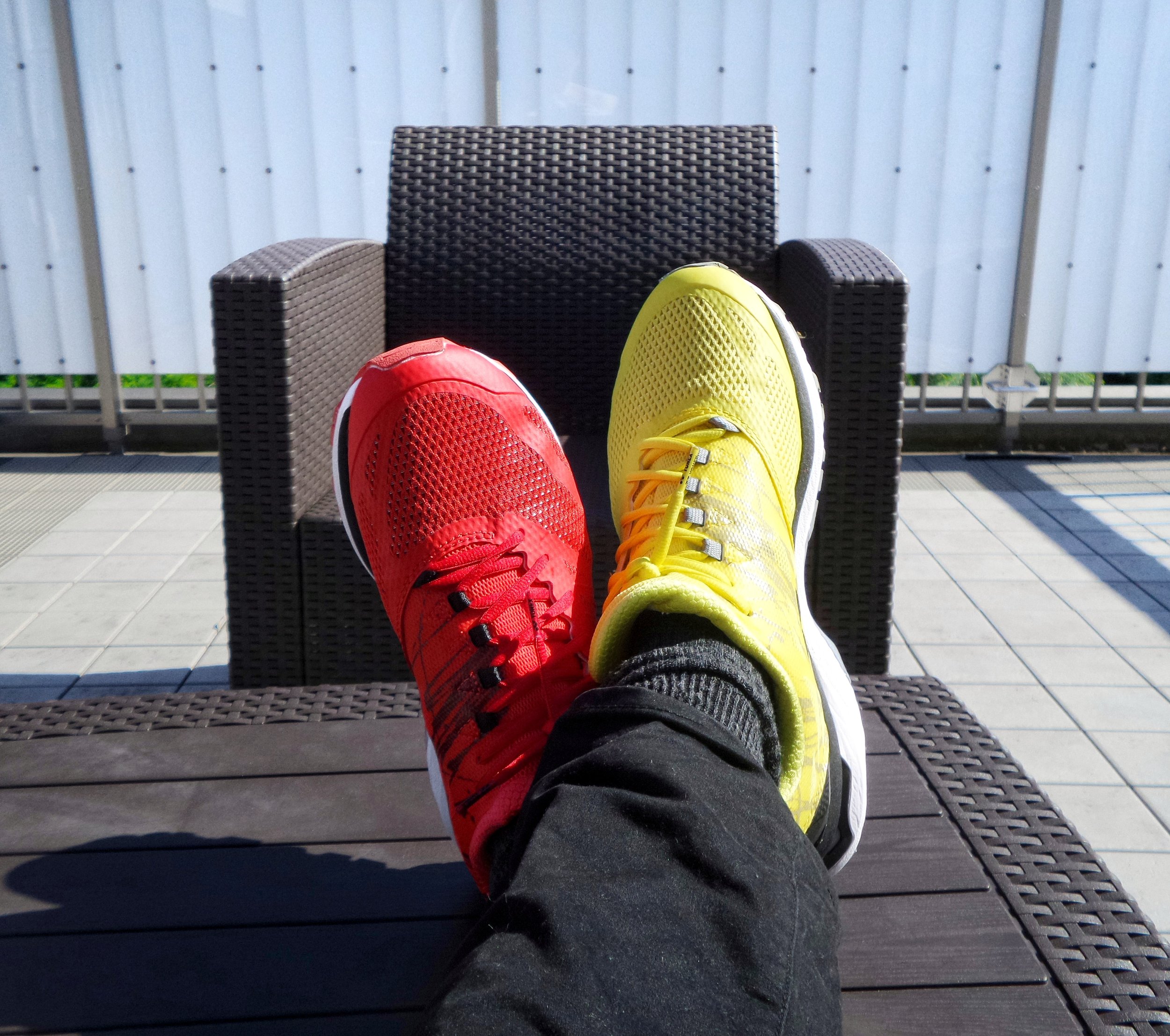Our differences did not hinder but, on the contrary, enriched our D&I program
EXPERT INTERVIEW ON D& I FOR THE MEDAIR QUARTERLY NEWSLETTER
An Interview with Dr Eleftheria Egel, partners of LIM* and Dr Jody Fry*** “…our differences did not hinder but, on the contrary, enriched the design and delivery of our D&I program”.
CAN YOU TELL US WHAT BROUGHT YOUR PROFESSIONAL (AND PERSONAL) PATH TO THE TOPIC OF DIVERSITY&INCLUSION?
Thank you for the opportunity to express my-our views in this interview. And I say “our” because D&I is a path I am co-exploring and co-creating with 3 other experts: Ernie Turner, President and Willie Anderson, CEO of LeadershipInMotion (LIM),an international consulting firm based in the US and Dr Jody Fry, a Professor of Management and Leadership at Texas A&M University Central Texas and President of the International Institute of Spiritual Leadership. We come from diverse countries, cultures, life paths and professional backgrounds; and see the world through different lenses. We came together about a year ago -almost accidentally- to design a program on D&I for a big European organisation. Ever since we have “stuck” together as we discovered that our differences did not hinder but, on the contrary, enriched the design and delivery of our D&I program. Many times -in our interaction- it has been challenging to understand each other’s perspectives. I think what helped us work things out and not give up was our openness to share without fear or shame and our sincere and profound desire to make a difference. We all saw it as an opportunity to realise our “calling”- different, of course, for each one of us.Jody’s life work has been on helping organisations to embrace spiritual leadership in the workplace. Ernie’s commitment has been on teaching organisations the tools to work out their conflicts. Willie and I have been more directly involved with discrimination issues.
FROM YOUR EXPERIENCE, CAN YOU TELL US THE MAIN BENEFITS FOR AN ORGANISATION TO IMPLEMENT A D&I POLICY?
There are multiple benefits for organisations that embrace diversity. Higher profitability, employee attraction & retention, employee psychological wellbeing and creativity that leads to innovation are the most important. For example, a BCG Henderson Institute study found out that companies with more diverse management teams have 19% higher revenues due to innovation. According to a 2015 McKinsey report, companies in the top quarter for racial/ethnic diversity are 35% more likely to surpass peers, while those in the same bracket for gender diversity are 15% more likely to do the same. A report by Gallup found out that organisations with above-average gender diversity and levels of employee engagement outperform companies with below-average diversity and engagement by 46% to 58%. A Glasssdoor study found out that 67% of job seekers consider workplace diversity an important factor when considering employment opportunities. The rate goes up for minority job seekers: 72% of women (v. 62% of men), 89% of African Americans, 80% of Asians, and 70% of Latinos ranked workforce diversity as important in their job search.
WHAT ARE THE MAIN CHALLENGES ORGANIZATIONS ARE FACING WHEN STARTING IMPLEMENTING D&I ?
The key words to retain are “connect”and “include”. Dobbin & Kalev* published a study in 2016 which focused on the effectiveness of D&I training. Their research covered the analysis of three decades’ worth of data from more than 800 U.S firms and it was backed by interviews of hundreds of line managers and executives. One of the findings was that the positive effects of D&I training rarely last beyond a day or two. One reason for that is that D&I is not a top-down approach, a strategic goal at the leadership level that is integrated into different components of the organisation. Instead, D&I remains the responsibility of the HR department which conducts traditional in-class or virtual D&I workshops. This approach is not effective as it does not lead to a behavioural change as people are easily taught to respond correctly to a questionnaire about bias. Another reason is that one size does not fit all or lasting in effect. Often D& I programs are not updated and/or tailored to specific client needs. What is applicable for one organisation may not be for another one. Moreover, employees may be resistant to the programs if they are mandatory or they feel singled out. According to the above study, five years after instituting required training for managers, companies saw no improvement in the proportion of white women, black men and Hispanics in management, and the share of black women decreased by 9% on average.
HOW CAN A COMPANY OR ORGANIZATION NOWADAYS START IMPLEMENTING A D&I STRATEGY?
In order for diverse employees to connect and feel included, organisations need to create a culture of acceptance- where each employee is accepted as they are in an environment where others do not feel either threatened by diversity or obliged to endorse the mainstream narrative.
The question then becomes, how do we create such a culture which allows voicing of each person’s real thoughts while counteracting the clash of different values? We have developed an IDEAL approach to that end; where IDEAL stands for InclusionDiversityEquityAction&Learning. We abstain from superiority claims regarding our own values and we are to develop the capacity to humbly listen to what others are saying. Active listening leads to reflection and eventually to seeking a deeper understanding/appreciation of each and every team member. Reflection is necessary in the process of identifying our assumptions and beliefs about how the world works and how these assumptions shape the decisions and results we get in organisations. Critical inquiry is used to clarify thinking and find deeper understanding to those issues. Once we reach that point of self- and other- awareness then we are ready to embrace diversity.
Contributors:
* Dr Eleftheria Egel is Managing Director & Founder of NavigatingTransformation, a German consultancy specialising on Female Entrepreneurship.
** Partners of LIM:
Ernie Turner is President & Founder of LIM.
Willie Anderson is CEO of LIM.
LIM is a US-based global consulting firm that develops D&I programs, shared leadership, high-performing teams, and internal coaches.
*** Dr Jody Fry, is a Professor of Management & Leadership at Texas A&M University Central Texas; Founder of the International Institute of Spiritual Leadership and Chair of Governing Board: One Planet Education Networks (OPEN).
Dobbin, F. & A. Kalev (2016) “Why Diversity Programs Fail”. Harvard Business Review, 94(7).



